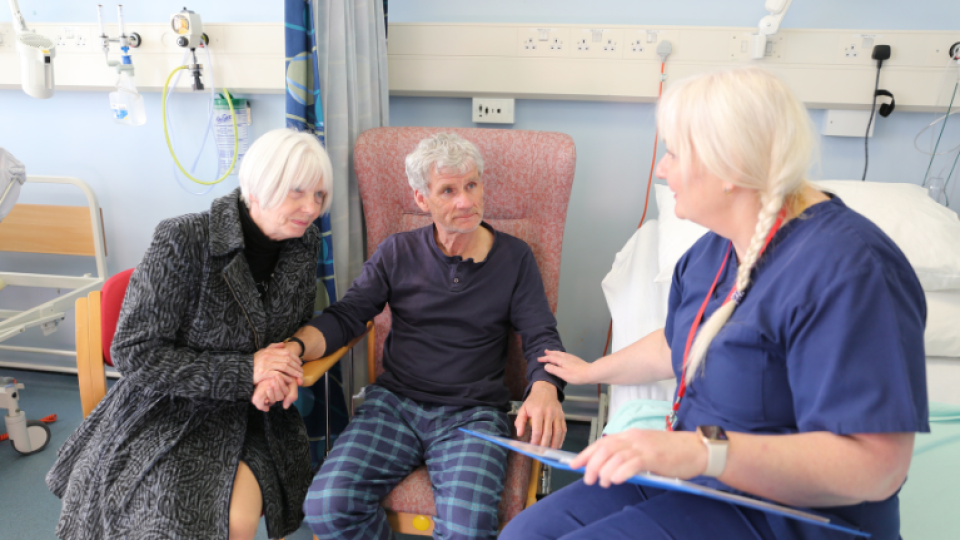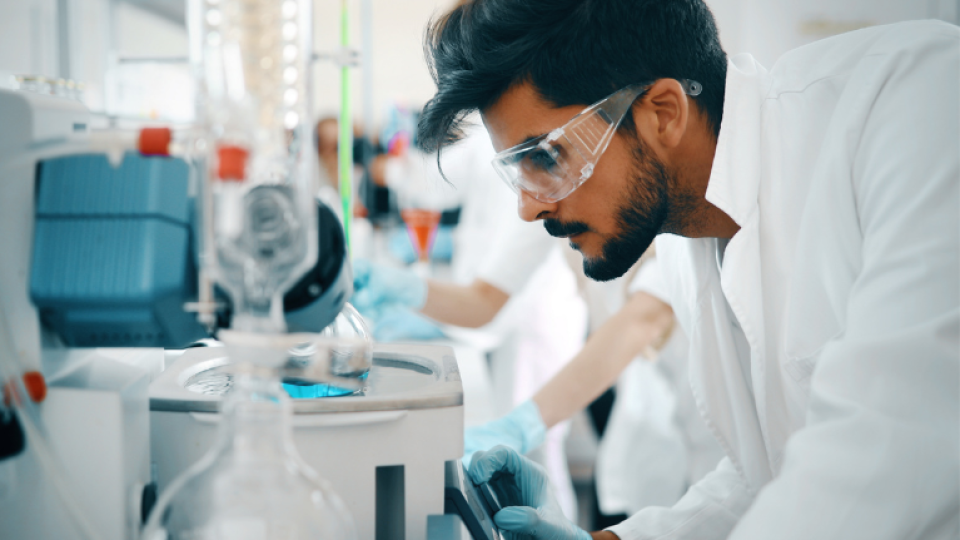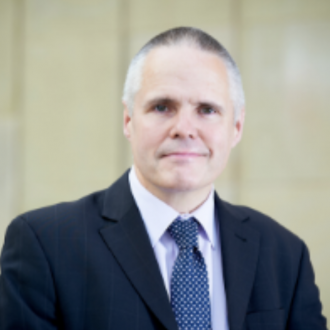
School of Medicine and Biosciences
Working with policy makers and practitioners to improve health and reduce inequalities
The School has a focus on:
- Ageing and dementia
- Public health
- Healthcare inequalities
- Enabling healthcare technology
With specialisms in areas including:
- Dementia care
- Gene-targeted cancer therapy
- Artificial Intelligence (AI) for enhanced medical diagnostics and treatment with particular emphasis in echocardiography and oncology
- Development of interventions to address malnutrition
- Infection control
- VR-assisted medical training
- Tackling social inequalities impacting health and life expectancy
Our courses
Medicine and the biosciences are some of the world's fastest-growing fields and offer exciting and rewarding career and research opportunities.
We have excellent facilities and are continually adapting our curriculum to meet today’s challenges and equip you with in-demand job skills. Many of our courses offer optional modules, allowing you to follow your interests, as well as the opportunity for a placement year to build your experience and employment skills.
We prepare professionals for a wide range of careers in healthcare, biotech industry, teaching and research — whether you want to work in the NHS, in academia, medical research laboratories, pharmaceutical research, the food industry, as a private therapist, in health education and public health or areas such as international aid and development.
Undergraduate degrees
-
BSc (Hons) Bio-Sciences (West London Campus)
West London Campus
-
BSc (Hons) Biochemistry (West London Campus)
West London Campus
-
BSc (Hons) Bioinformatics Genomics (West London Campus)
West London Campus
-
BSc (Hons) Biological Sciences (West London Campus)
West London Campus
-
BSc (Hons) Biomedical Informatics (West London Campus)
West London Campus
-
BSc (Hons) Biomedical Science (West London Campus)
West London Campus
-
BSc (Hons) Human Biology (West London Campus)
West London Campus
-
BSc (Hons) Human Genetics (West London Campus)
West London Campus
-
BSc (Hons) Pharmacology (West London Campus)
West London Campus
Postgraduate degrees
-
MSc Bioinformatics (West London Campus)
West London Campus
-
MSc Biomedical Engineering (West London Campus)
West London Campus
-
MSc Person-Centred Health and Social Care (Online delivery)
Online delivery
Our research
UWL is ranked in the top 100 universities in the UK for the overall quality of our research. Almost 80 percent of our research is rated as world-leading (4*) or internationally excellent (3*) in the latest Government Research Excellence Framework (REF) assessment.
The School of Medicine and Biosciences is active in research with an interdisciplinary community made up of researchers in diverse areas including genomics, bioinformatics, pharmacology, ageing and memory, and translational medicine. It draws on expertise from a range of research centres and groups including:
Research degrees
We offer excellent research opportunities in translational medicine to improve human health via a ‘bench to bedside’ research approach.
Our doctoral training provides opportunities to transform scientific discoveries arising from laboratory, clinical or population studies into new clinical tools and applications that improve human health by reducing disease incidence, morbidity and mortality.
Key people
-
Professor Anthony Woodman
Provost and Senior Deputy Vice-ChancellorProfessor Woodman is Provost and Senior Deputy Vice-Chancellor with a remit to drive research, enterprise, innovation and external engagement across the University.
Until 2007 Professor Woodman was Professor of Translation Medicine at Cranfield University, prior to becoming chief executive of ICRI Global Research; a privately owned knowledge-based organisation providing support and training in clinical drug development in India, Singapore and the UK. Anthony joined the University of West London in October 2011.
-
Professor Richard Morgan
Dean of Biosciences, Professor of Molecular OncologySchool of Medicine and BiosciencesAfter completing my PhD I joined the MRC National Institute for Medical Research, London, and subsequently the Hubrecht Laboratory in Utrecht to continue my studies of transcriptional control in development and cancer as a postdoctoral researcher. Subsequent academic posts included senior lectureships at St. George’s Hospital Medical School in London and the University of Surrey. In 2015 I became Professor of Molecular Oncology and Director of the Institute of Cancer Therapeutics at the University of Bradford. I joined the University of West London as Dean of Biosciences in June 2020.
-
Professor Raymond Playford
Professor of Molecular MedicineSchool of Medicine and BiosciencesRaymond Playford is a clinician scientist who serves as Professor of Molecular Medicine at UWL. He is also Chairman of the Herbal Medicines Advisory Committee of the MHRA, member of the Policy and Education Advisory Committee of the General Osteopathy Council, and a visiting Consultant Gastroenterologist at St Georges NHS Trust.
Professor Playford received a medical degree from St. Bartholomew's Medical School and obtained both a PhD and a DSc.
-
Professor Hafiz T.A. Khan
Professor of Public Health and StatisticsCollege of Nursing, Midwifery and HealthcareProfessor Hafiz Khan is a Professor of Public Health and Statistics at the University of West London (UWL). Prior to joining at UWL, he was a Reader in Statistics at School of Health Sciences of Birmingham City University, UK. He first trained himself as a statistician and then has developed his academic career in the area of public health over the last 30 years.
Visit us
The best way to learn more about life at the University of West London is to visit us to see our campus and sites for yourself.
Find out more about our regular open days and campus tours.




















